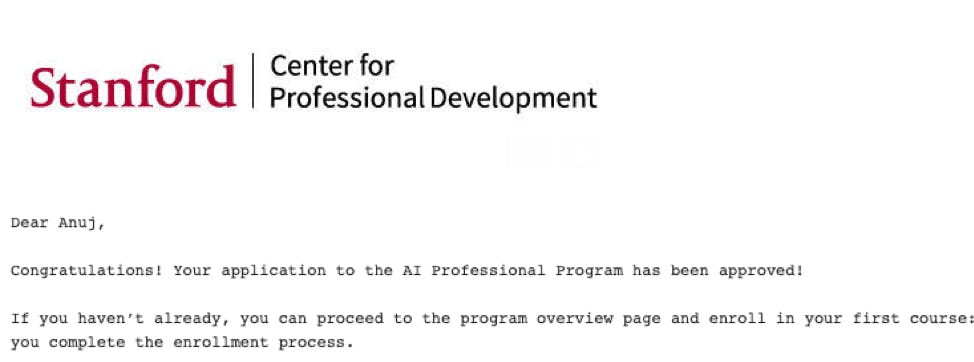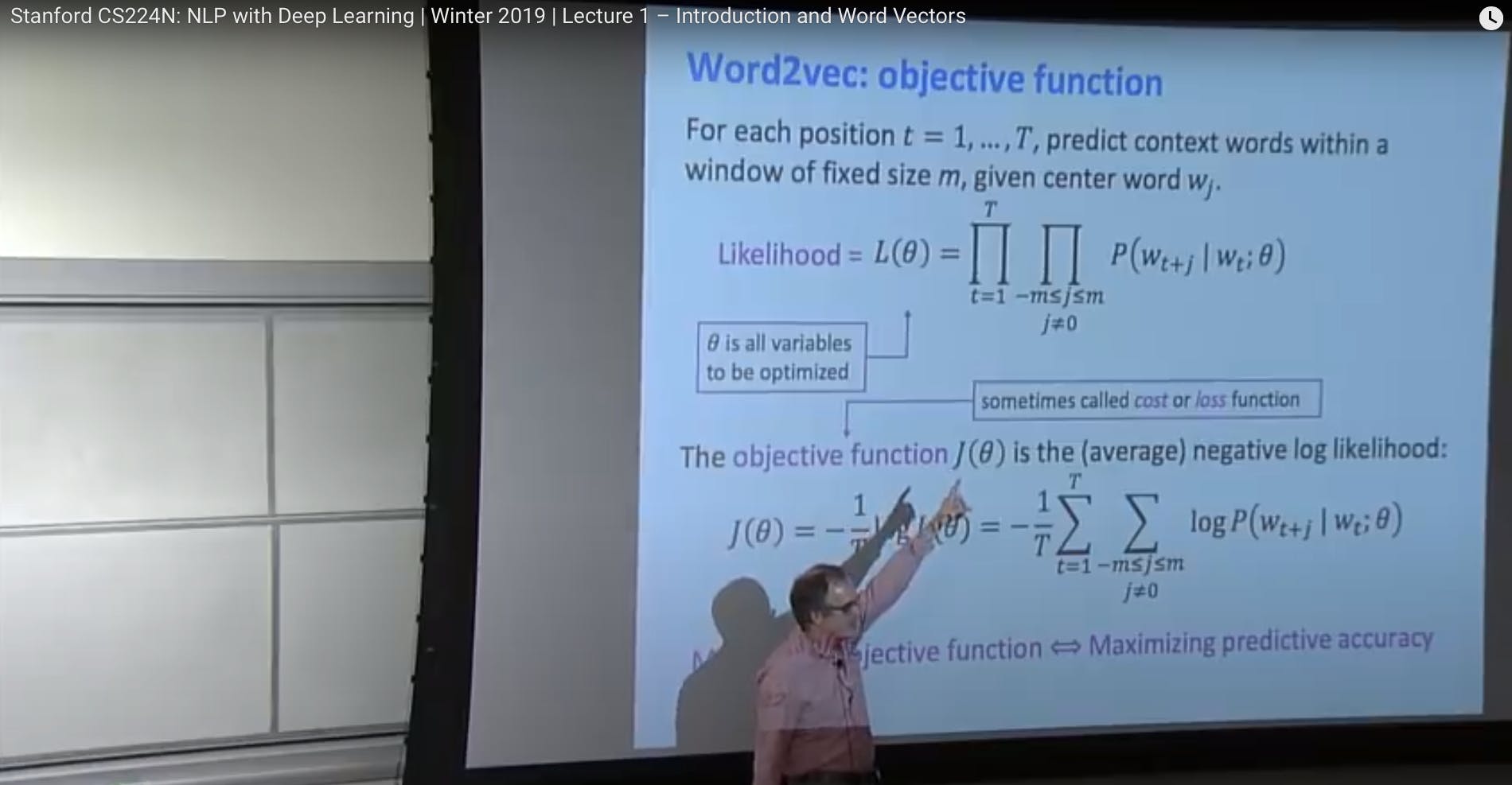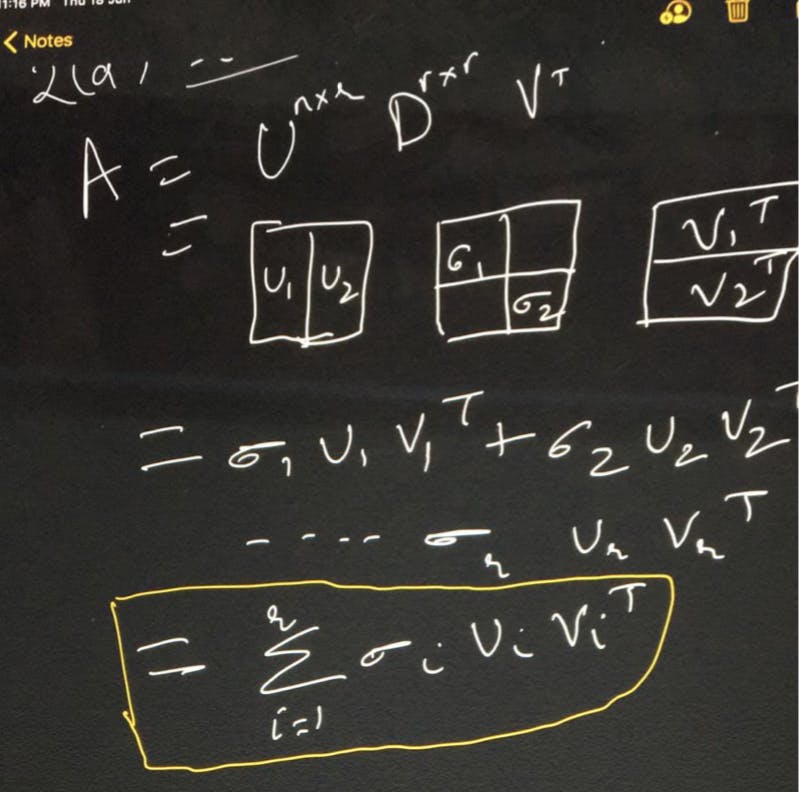Future of Education is Online: My Story of Getting Into Stanford From My Couch in COVID Era
*](https://cdn-images-1.medium.com/max/2000/1*7yFcNbuEgTaDEwWCE68LUQ.png) Photo on Stanford
Photo on Stanford
The new norm may be socially distant and self-isolated, but it sure has paved the way for novel ideas and possibilities of keeping the world going. In this, education has been one of the major industries undergoing drastic changes. With the world shut or under a lockdown, traditional educators had to devise ways to keep the curious minds engaged.
The role of technology, the internet, in particular, had never been felt so important before the Covid-19 virus crippled the global population. However, as the English proverb goes,
“Necessity is the mother of invention”
Being stuck at home has given learners like me the opportunity to up our skills, finish a degree, or simply add something new to an existing profile. As educators around the globe bring education to students from the comfort of their homes to the comfort of their learners’ couch, I too decided to leverage it.
From DE to NLP via Stanford
 The selection mail from Stanford for my NLP program application
The selection mail from Stanford for my NLP program application
I am currently working as a Senior Data Engineer in Singapore and my expertise is in building planet scalable data pipelines that work 24 hours to pump in data from all over the world. I have done my graduation from Guru Gobind Singh Indraprastha University, New Delhi. While I have a really good hands-on experience in the DE field, I always wanted to pursue a masters’ degree. I even prepared for GRE and did a 3-month preparation window which helped me crack a few colleges such as ASU and SJSU, but Ivy League remained elusive.
If you are a data engineer and working with pipelines of public data, you would understand the eventual requirement of learning Natural Language Processing or NLP to extract information from textual data and organize. This domain is now no longer limited to data scientists. My curiosity to get into Machine Learning and Artificial Intelligence prompted me to apply at Stanford University.
When my application for ‘Natural Language Processing with Deep Learning’ got approved at Stanford University, I could really sense my aspiration of pursuing further education coming true; all without having to compromise on my existing job, home-office routine, and personal time.
Why Go Online
 on [Unsplash](/s/photos/working-online?utm_source=unsplash&utm_medium=referral&utm_content=creditCopyText)](https://cdn-images-1.medium.com/max/9410/1*dBzT3n80vDuPP2hwTGpwHw.jpeg) Photo by Thomas Lefebvre on Unsplash
Photo by Thomas Lefebvre on Unsplash
One of the biggest blessings in disguise the Covid-19 era has brought in is the ready availability of resources from wherever you are. If you ask me, a professional who has to juggle between office, home, and college, online classes mean:
● I don’t have to quit my job which I absolutely love
● No student loans! I can self-sustain my education
● Freedom to pick your own instructor. You can choose to learn from the best. I chose Professor Christopher Manning, the best in his domain!
● The flexibility of course. You can always pick what interests you. In my case, it had to be NLP.
On-demand classes. The sheer ease of pausing a lecture video to jot down notes, or go back to a complex concept for clarity. I also rewind for all the geeky jokes ;)
 Screenshot of a lecture by Professor Christopher Manning from my course
Screenshot of a lecture by Professor Christopher Manning from my course
In addition to the above, based on the course, you also have access to reach out to fellow learners or course facilitator on Slack to get a better understanding. The NLP course I have opted for is a cohort-based program where almost 200 students get to collaborate and learn together. This basically means a wider perspective on the subject and enhanced collaborative learning. Also, as the assignments are challenging, they help tweak your brain in the right direction.
But…Physical Classrooms Are Charming
 on Unsplash*](https://cdn-images-1.medium.com/max/2000/1*ZTC64lZpJXcZB8oYF4Yx0A.png) Photo by Nathan Dumlao on Unsplash
Photo by Nathan Dumlao on Unsplash
It is an undeniable fact that physical classrooms and traditional education have a charm of their own. However, the current pandemic situation has forced a shift to virtual classes, and this trend is expected to transform from being a norm to being a culture in the future. The future of college is online, and it is cheaper. Unlike traditional college and higher education, online classes allow the flexibility to choose what to study and in a cost-effective manner.
When the children of the world are getting homeschooled and professionals are making it work with online classes and meetings, it is obvious there remain certain areas that will take time to familiarise oneself with. For instance:
● Online education means no fancy campus experience. The most you could achieve is to allocate yourself a different corner in your home to study.
● Socialising doesn’t exist. There’s no hanging out with friends after lectures in the college.
● Cafe sessions with campus friends just become another 711 coffee run.
● No cool libraries or dormitories.
Then Why Pick Online College?
Online education is more of a self-discovery route where you have the freedom to learn at your pace, sans the other benefits that come with getting an education from a traditional institution. While you do end up staring at your notes more often than crack jokes with buddies or plan study nights, online college is time and cost-effective, helping you accomplish more in less time. If you opt for an online college, you get to:

● Pick the course of your choice
● Save on college fee
● First-hand best professor experience
● More detailed than regular course as you can always take a pause and take a deep look at the research papers
● High-standard brain teasing assignments
It may seem a temporary arrangement for traditional education supporters, however, online education will continue to prove beneficial even after the pandemic ends. The education system will become more democratic, inclusive, accessible, and affordable.
In the end, it is about learning. Whether you pick an A-lister or a mediocre college, the future of education is set to change with online becoming the new default. Stanford University recently announced that it will reopen campus this fall, but will continue teaching students online, even those who are on campus over coronavirus concerns.
If you are looking to get into a similar course or type of online education, you could send me your queries and I will do my best to answer your questions

